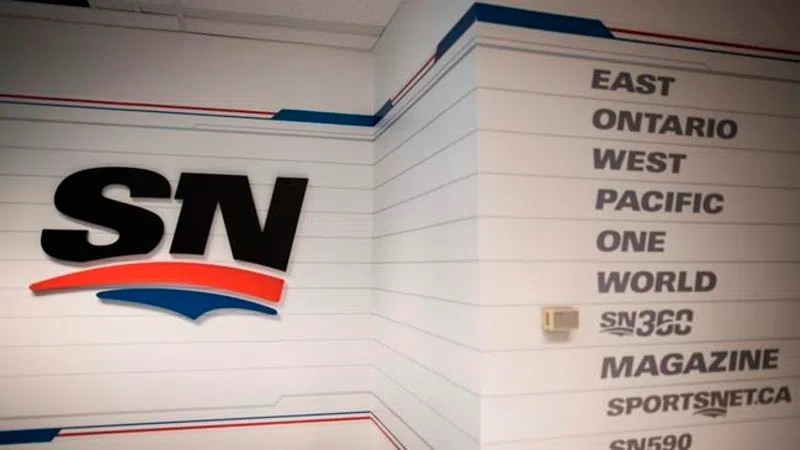
You Down With O-T-T? Direct-to-consumer options at sports media forefront
TORONTO — Sports fans have never had as much choice when it comes to watching live events as they do right now. The remote control — and the wallet — are getting workouts because of it.
Longtime rivals Sportsnet and TSN remain power players on a Canadian sports broadcasting scene that seems to be changing by the day. Other competitors also made their mark over the last year with consumers spreading their dollars around to enjoy the convenience and wide-ranging choices now available.
Canadian tennis player Bianca Andreescu’s early-season success helped build the DAZN brand in Canada. The CBC, meanwhile, has ramped up its coverage of domestic leagues and amateur sport in the leadup to the 2020 Olympics and Paralympics in Tokyo.
Factor in a bevy of online options and viewers have a sporting smorgasbord at their disposal.


